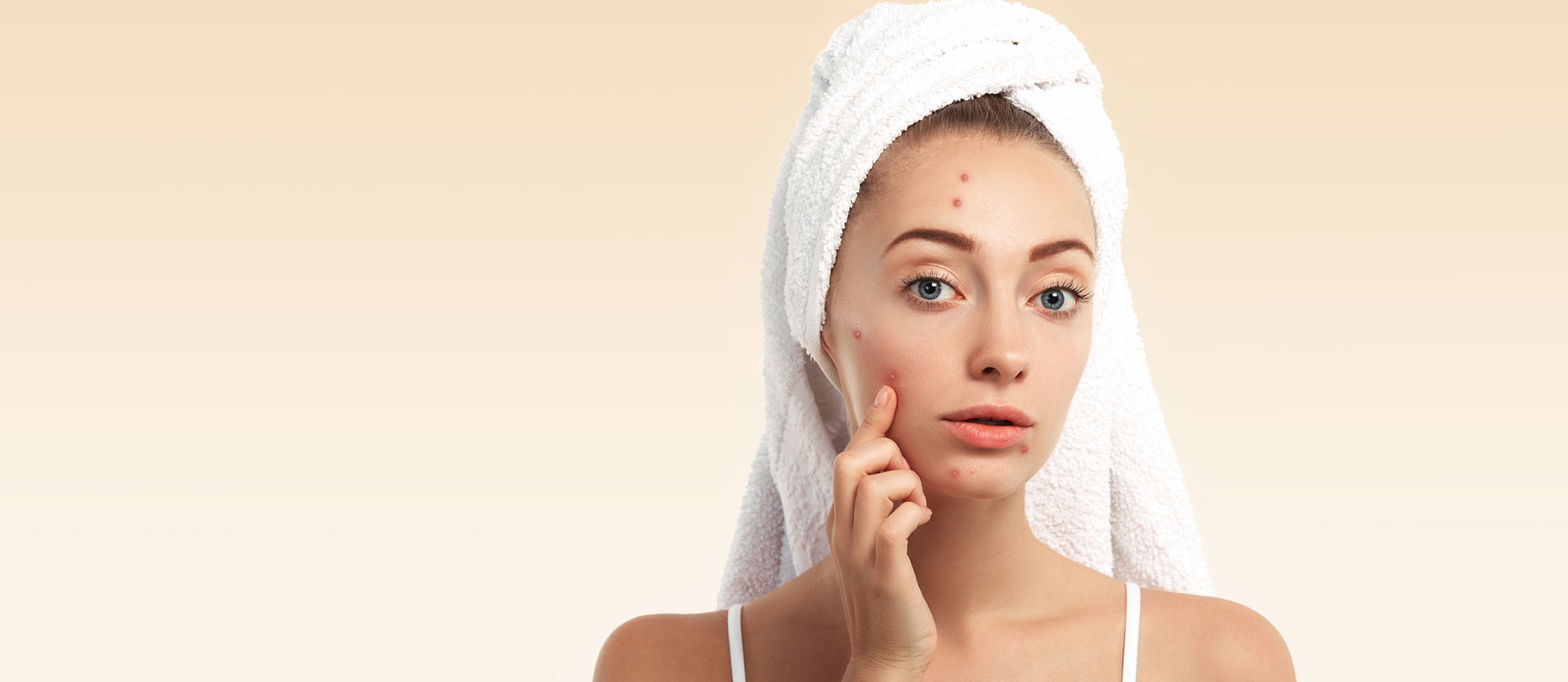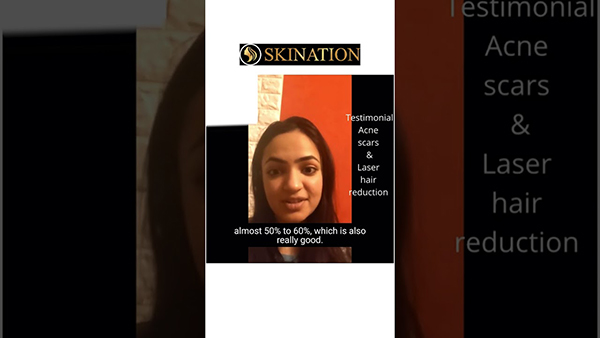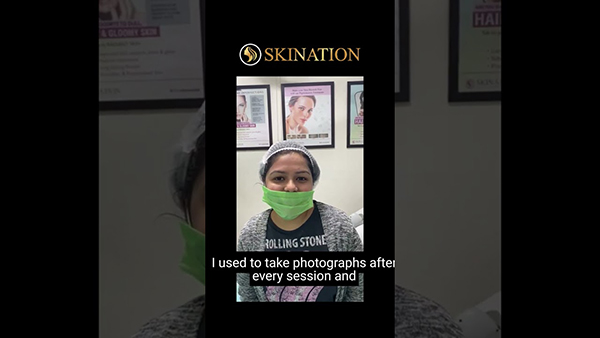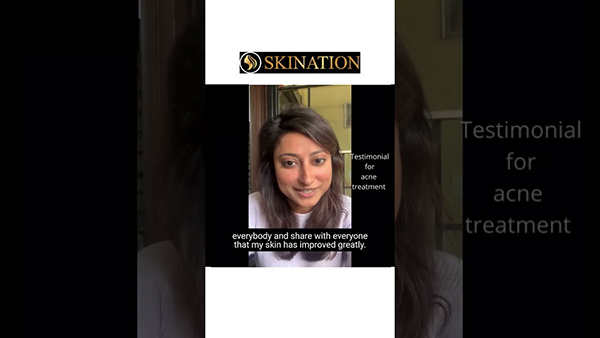There are basically three types of treatments:
1. Oral Medicines
There are many options, for example:
- oral iso-tre-ti-noin
- doxy-cyc-line
- lime-cyc-line
- mino-cyc-line
- azi-thro-my-cin
- OCPs
Oral medicines work by decreasing sebum production, decreasing inflammation or infection, and decreasing comedone formation.
2. Topical Medications
The following are the topical medications:
- Salicylic acid
- Ret-ino-ls
- Benzoyl peroxide
- Cli-nda-my-cin
- Azelaic acid
- Glycolic acid
3. Medical Procedures
Following are some of the most effective medical procedures for treating acne:
Peels are active skin ingredients that are applied to acne-prone skin, kept for a few minutes, and then neutralized. Peels reach the depth of the sebaceous glands, improving the pre-existing acne and treating the pores so that new acne doesn't form.
- A commonly used ingredient for oily, acne-prone skin is salicylic acid.
- Glycolic acid works in a similar way as salicylic acid and is used for patients who have marks in addition to acne. This active agent in peels works great for removing the pigmentation that is left after acne heals.
- Mandelic acid peels work when acne is pus-filled and the skin is too sensitive to tolerate glycolic acid peels.
- Yellow peels are also used on patients with oily, acne-prone, and tanned skin for amazing outcomes.
- The time needed for this procedure is around 30 minutes.
- The number of sessions varies with the patient's acne type and severity, so you need anything between 4-8 sessions. The gap between the sessions is 2-3 weeks, though some peels can be done with a shorter gap as well.
This removes the dead superficial skin cells, shrinks the open pores, and decreases the oiliness of the skin. Thus making acne better and making skin less acne-prone.
- We provide the internationally acclaimed, US-FDA-approved tribeam latest Q Switch Laser. This technology, being best-in-class, is sought after by patients as the first choice for skin rejuvenation because it suits all skin types and can be used very well in oily, acne-prone patients.
- Patients appreciate changes as early as immediately after the first session.
Delivering the laser energy in microchannels for the induction of collagen in the deeper layer of skin is the mechanism of action of fractional lasers. The great advantage of this laser is that it can work on various types of acne and acne scars. The downtime here is longer than with peels and Q-Switch lasers, but it is worth it for the treatment of acne and acne scars.
- Microneedling: Creating micropunctures in the skin with microneedling to enhance collagen production is how microneedling works. In addition to acne scars, fine lines and open pores also improve with microneedling.
- Microneedling Radiofrequency: The microchannels here are created by the radiofrequency probe, and it also delivers this energy, making sure that there is collagen induction that is fast, superior, and result-oriented. It is widely used in the aesthetic industry, and at Skination, we excel in the treatment by customizing the depth of penetration and also the energy to be given.
Famous as a vampire facial, pla-te-let rich pl-as-ma is made from the patient's own blood. Before the session, a numbing cream is applied to the skin, while some blood is withdrawn in special tubes. This is followed by centrifugation in high-end machines, ensuring highly concentrated P-R-P is formed. It helps repair the skin, which is damaged due to acne and therefore has marks, redness, and scars. It also brings overall rejuvenation to the skin and is one of the most effective skin repair procedures.
Used only in very selective cases of acne, for example, big nodulocystic acne. Here, injecting the cysts or nodules decreases the chances of scarring as the lesions heal faster. Also used in keloidal acne, other therapies for these types of acne work minimally.





